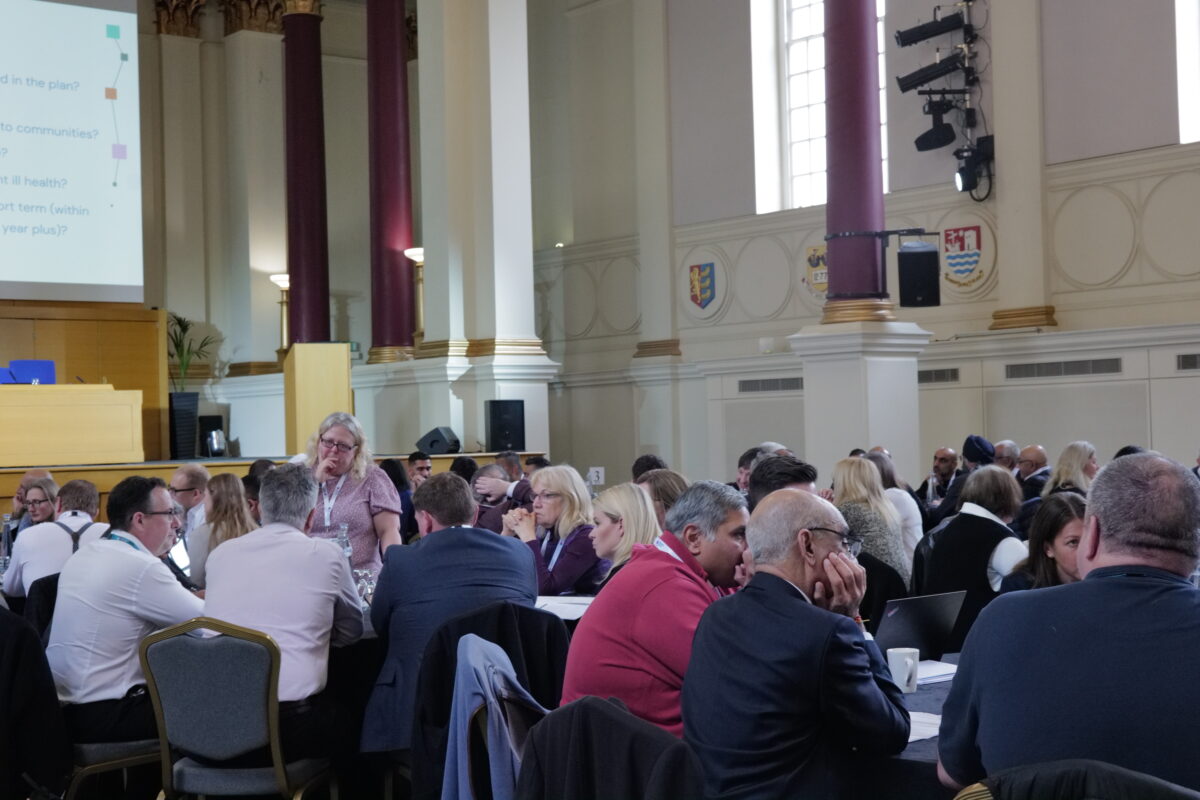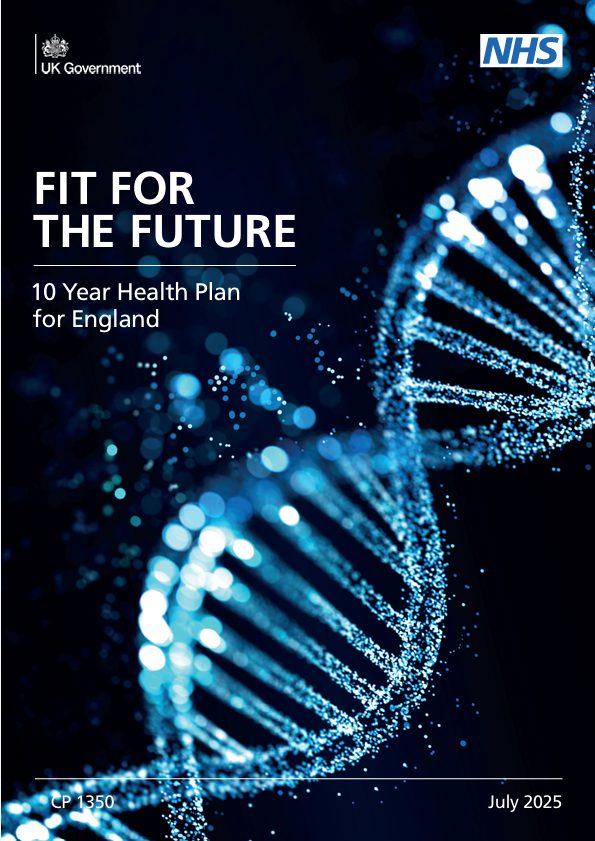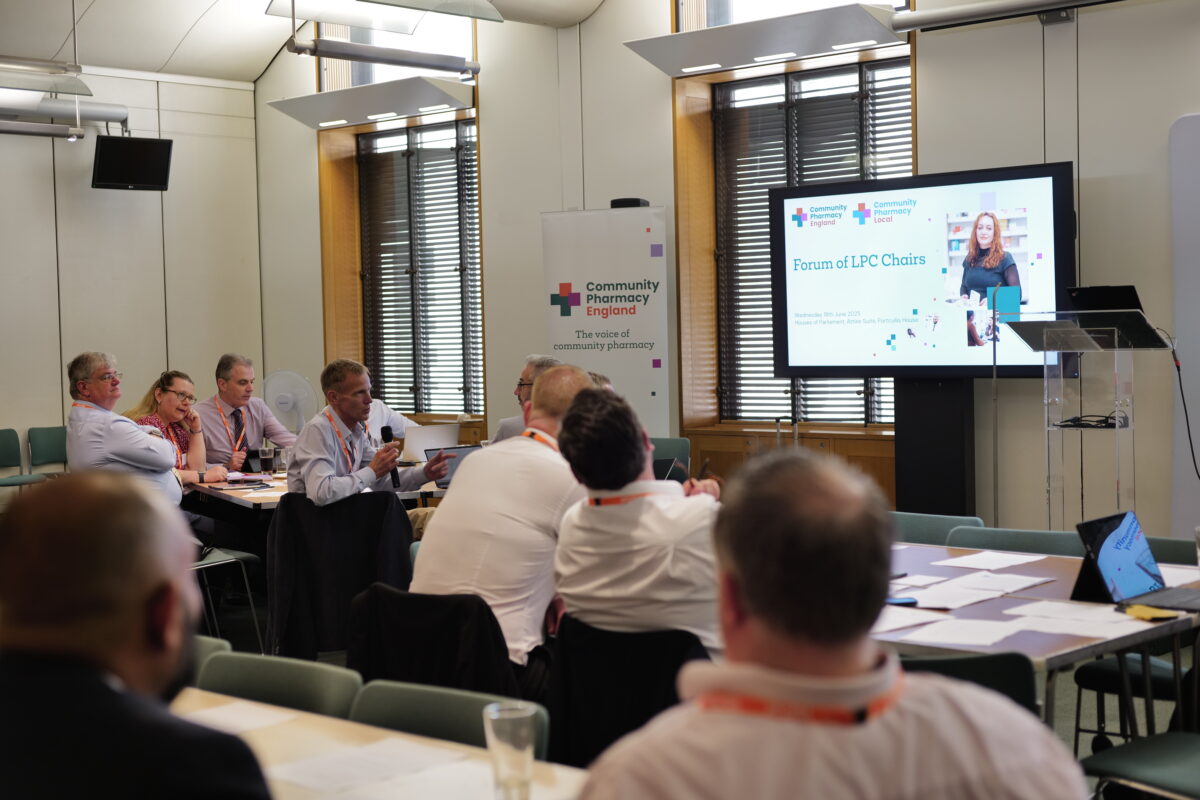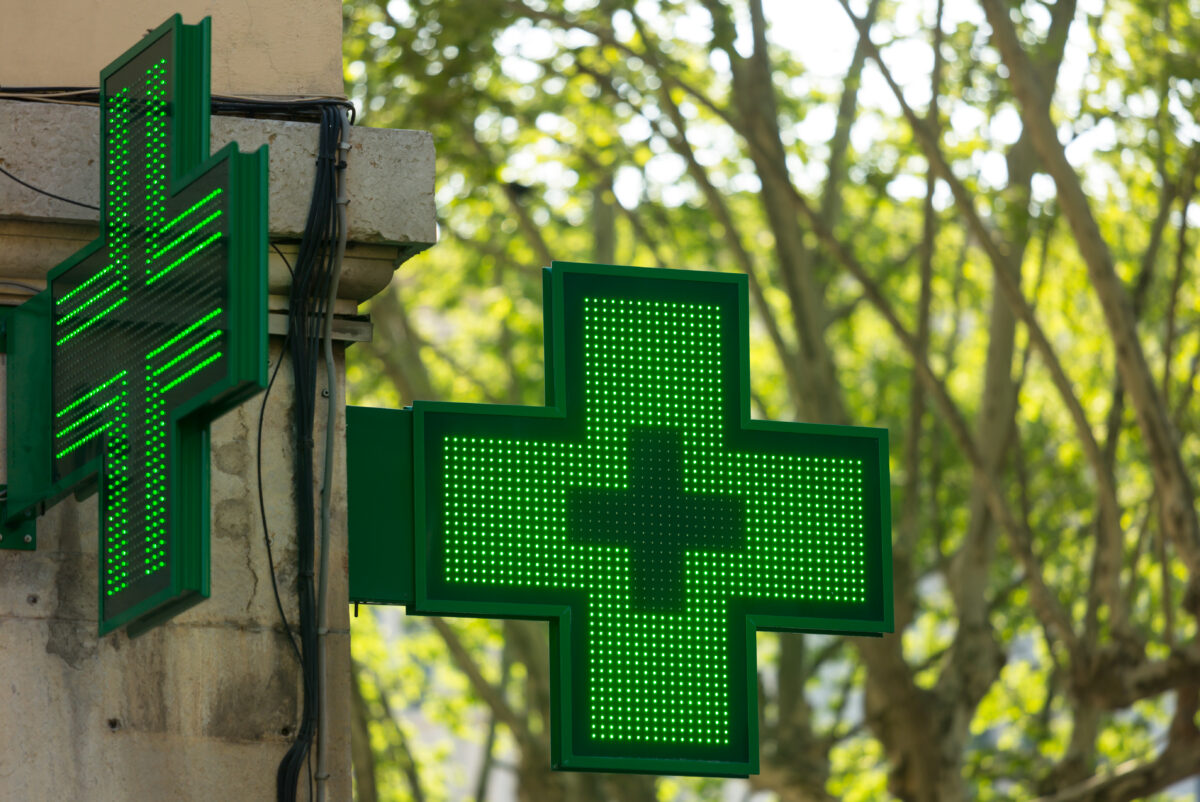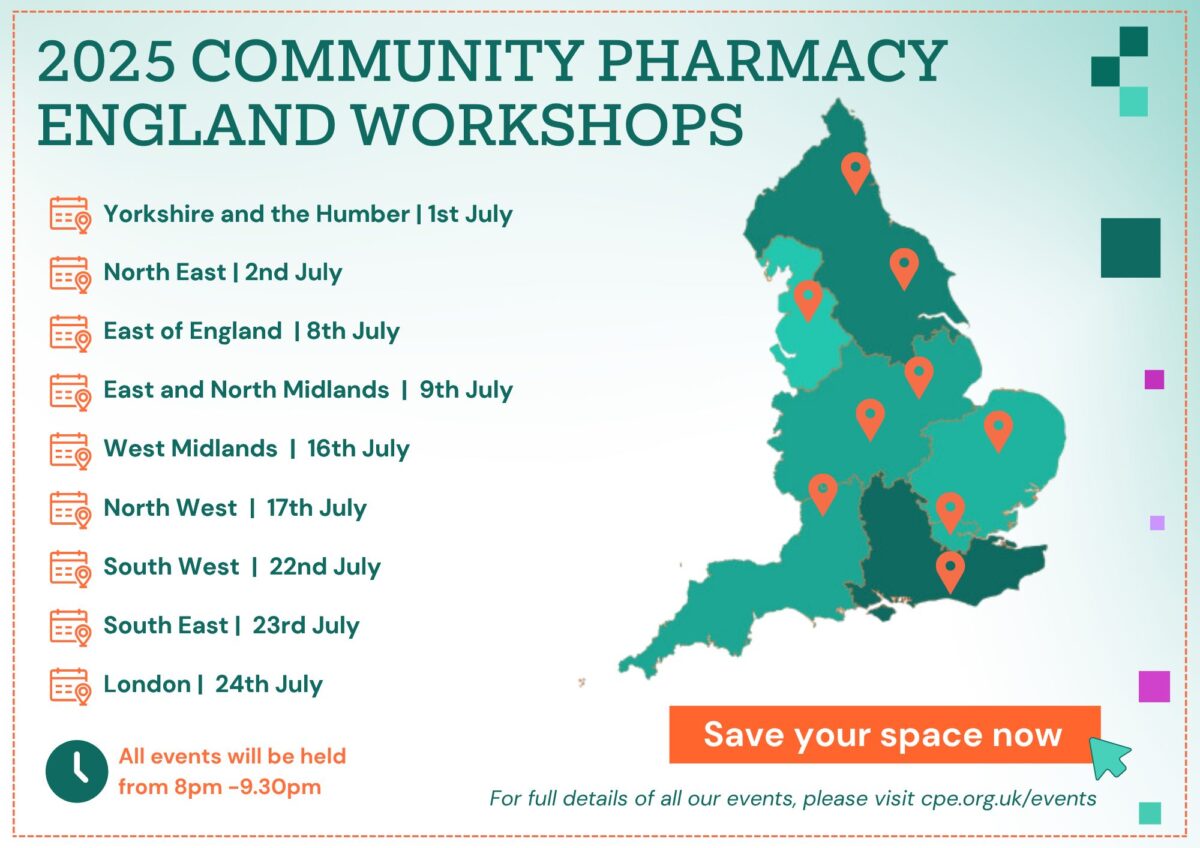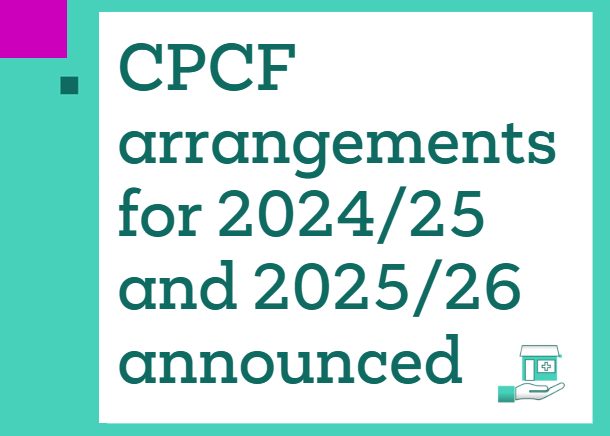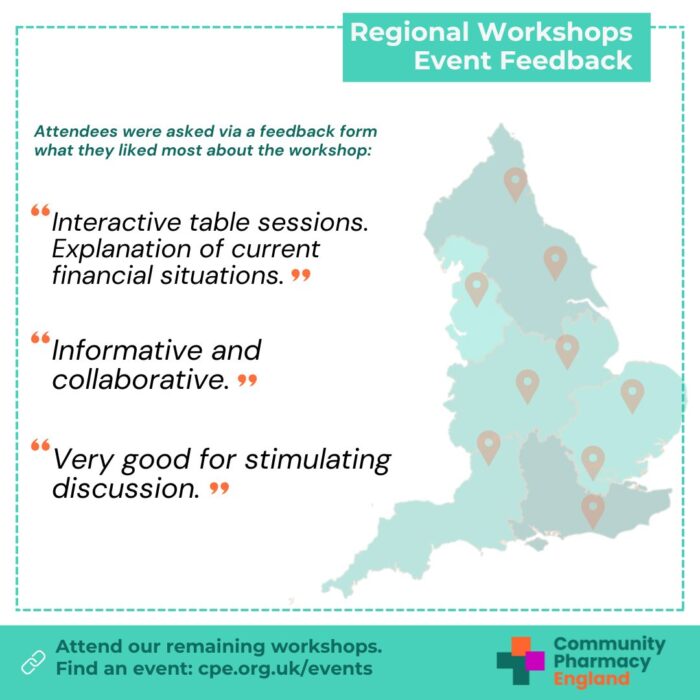Service case study: Community pharmacists reduce workload for GPs in Sheffield (June 2016)
Published on: 20th February 2017 | Updated on: 30th March 2022
Further data on a community pharmacy service pilot designed to develop joint working with GP practices has shown that patient care has been enhanced.
This joint working initiative has led Community Pharmacy Sheffield to win C&D’s GP Partnership of the Year Award 2016.
What does the service involve?
Community pharmacists undertook a number of different tasks during the pilot, dependent on the needs of the GP practice. These included medicines data analysis; triage (medicines related queries); long-term condition reviews (for asthma, COPD), blood pressure checks; medication reviews; actions arising from hospital To Take Out (TTO) paperwork; support around medication content of care plans; and cost effective medication changes.
The level of joint-working was flexible, dependent on the needs of the surgery with variations including:
- one clear day per week where the community pharmacist was surgery based;
- a daily visit for a couple of hours, followed up by tasks in the pharmacy;
- an occasional surgery session with the GP and then independent working to perform a specific piece of work; or
- domiciliary patient visits on a weekly basis.
This joint working pilot ran between December 2014 and April 2015; however, a bid for funding under the Prime Minister’s Challenge Fund was successful allowing roll out of the scheme across the city from October 2015, commissioned by Sheffield Clinical Commissioning Group (CCG). The story was originally featured on the Community Pharmacy England website last year.
What does the evaluation show?
The original evaluation of this pilot showed that positive outcomes have been achieved as the community pharmacists involved have brought their unique skill set to the service and have taken on tasks that GPs had previously been performing. Safer use of medicines was also reported both in prescribing and patient use.
Patient care was enhanced with greater continuity of care and support of patients with long-term conditions; cost savings in prescribing were made, with some waste reduced and the time of GP surgery staff, particularly that of GPs, was released.
Building on this, new data from the CCG has now also shown that:
- The main activity which community pharmacists undertook was reconciliation of medicines after patients were discharged from hospital (33.5%) followed by medication reviews (22.9%).
- Community pharmacists successfully managed 89% of patients; only 5.6% required referral to the GP.
- 95.5% of all the activities completed by community pharmacists would have otherwise been dealt with by the GP.
- Community pharmacists’ work in this pilot has released 1,375 hours of GPs’ time.
The CCG concluded that the pilot has helped to raise the profile of community pharmacy as part of the primary care team. The project has demonstrated that closer working between community pharmacists and GPs can enhance patient care as it resulted in greater understanding of each other’s perspectives.
More information on this service, including how the service was set up and the evaluation, can be found on the Community Pharmacy England Services Database (LPC member log-in is required).
For more information on this topic please email comms.team@cpe.org.uk

